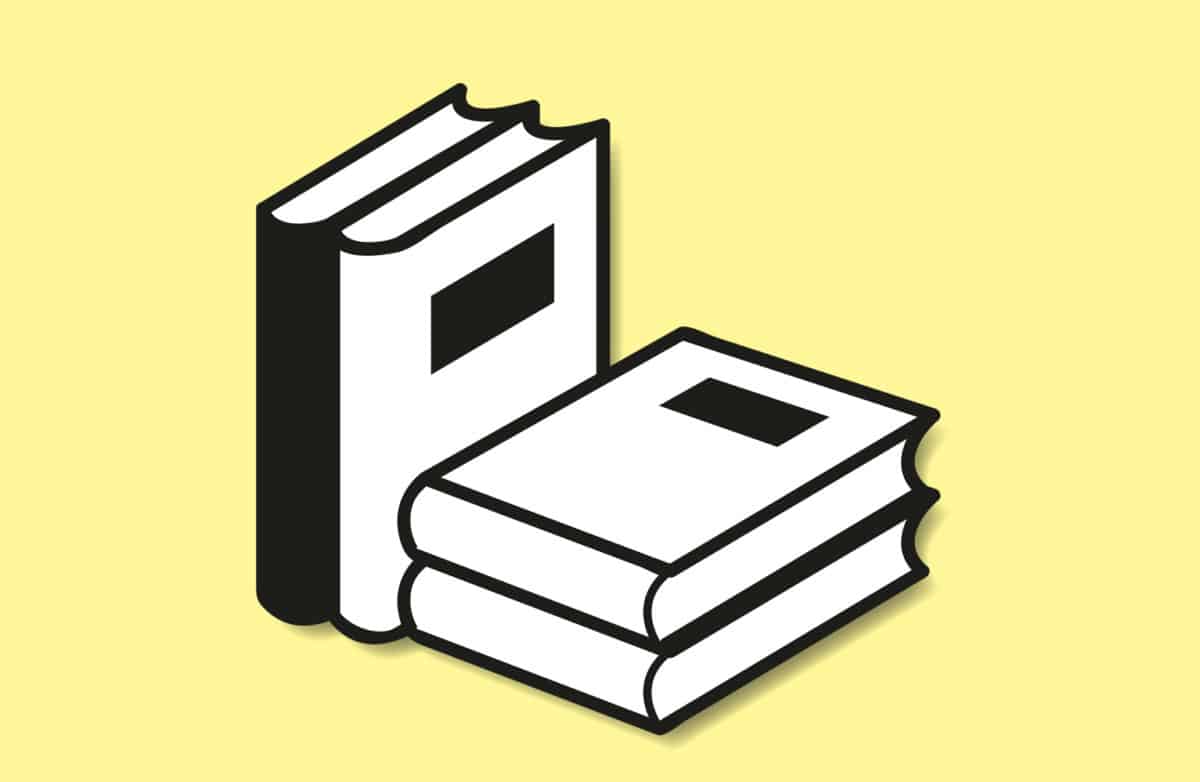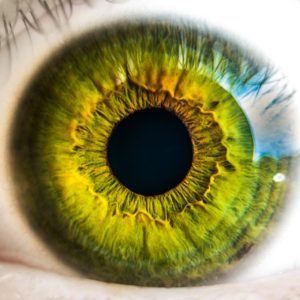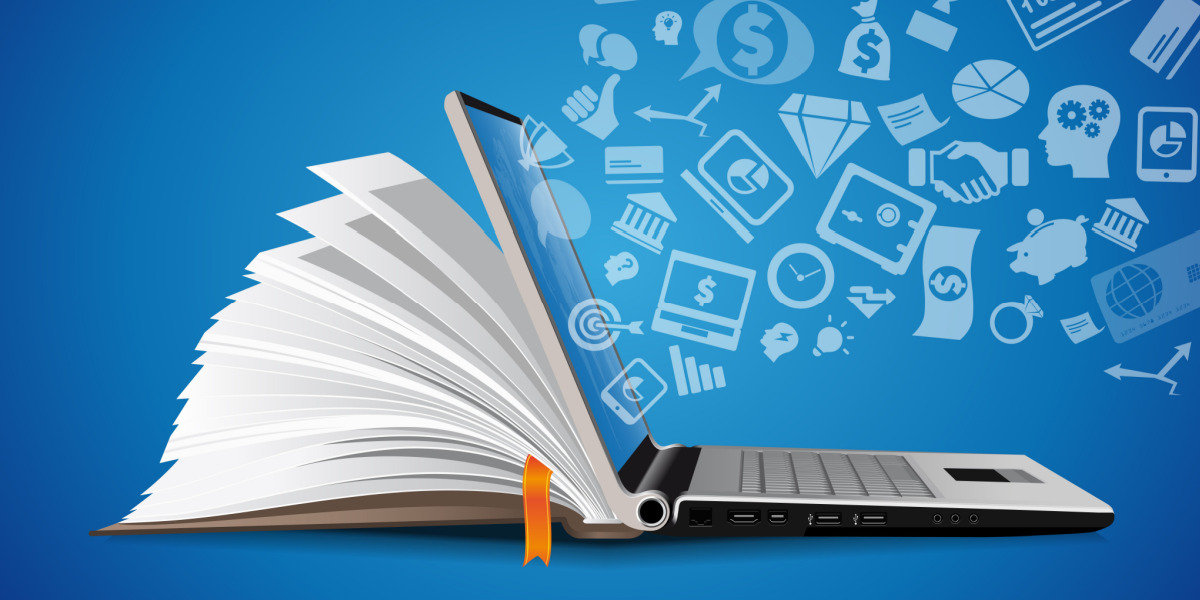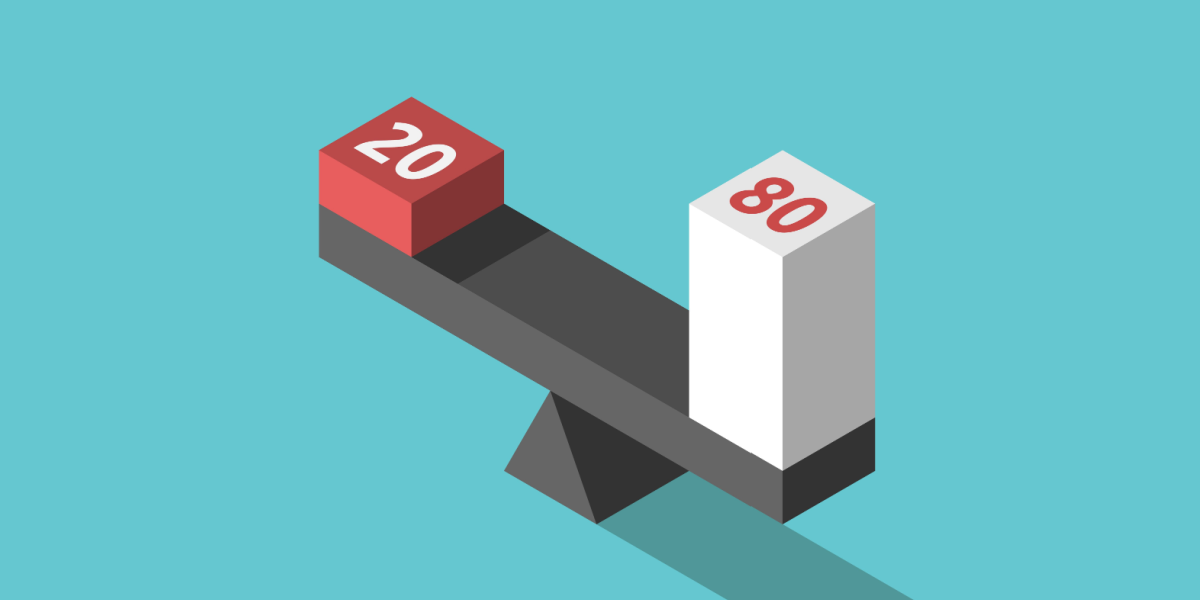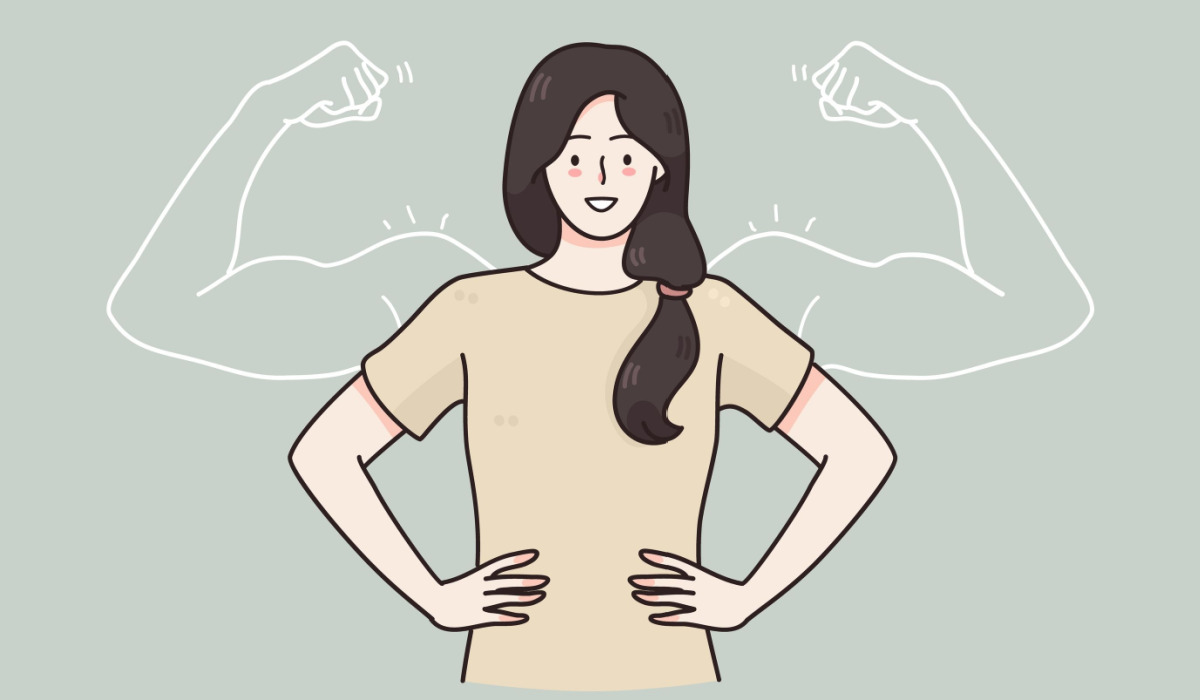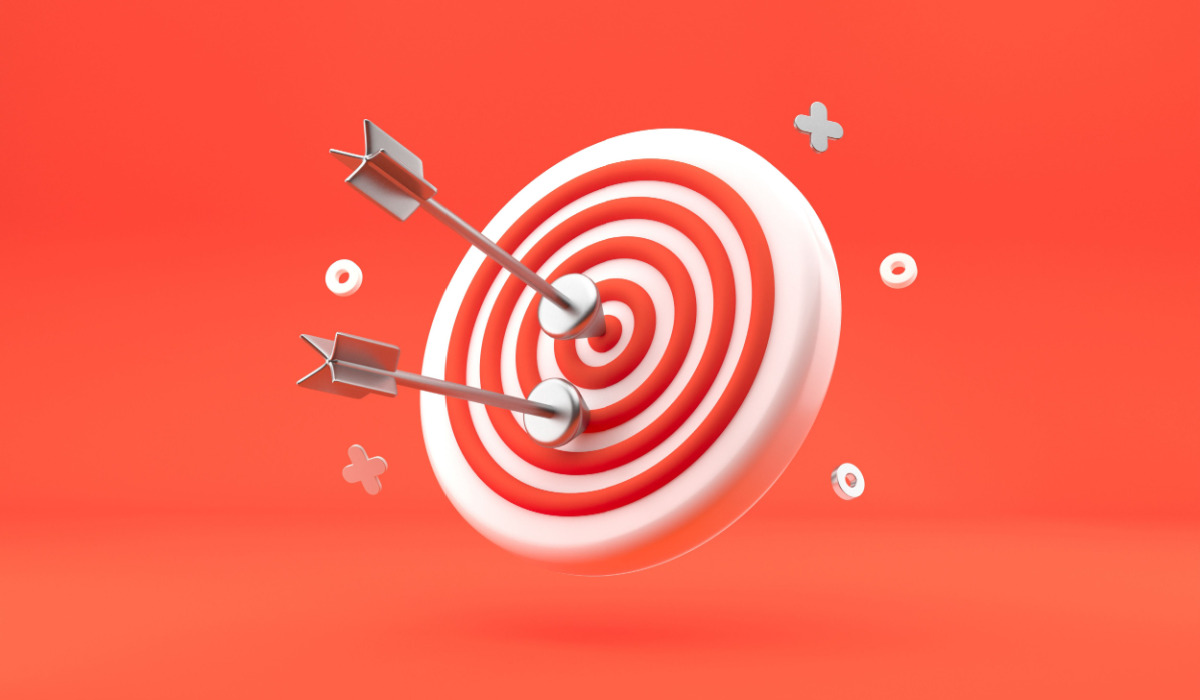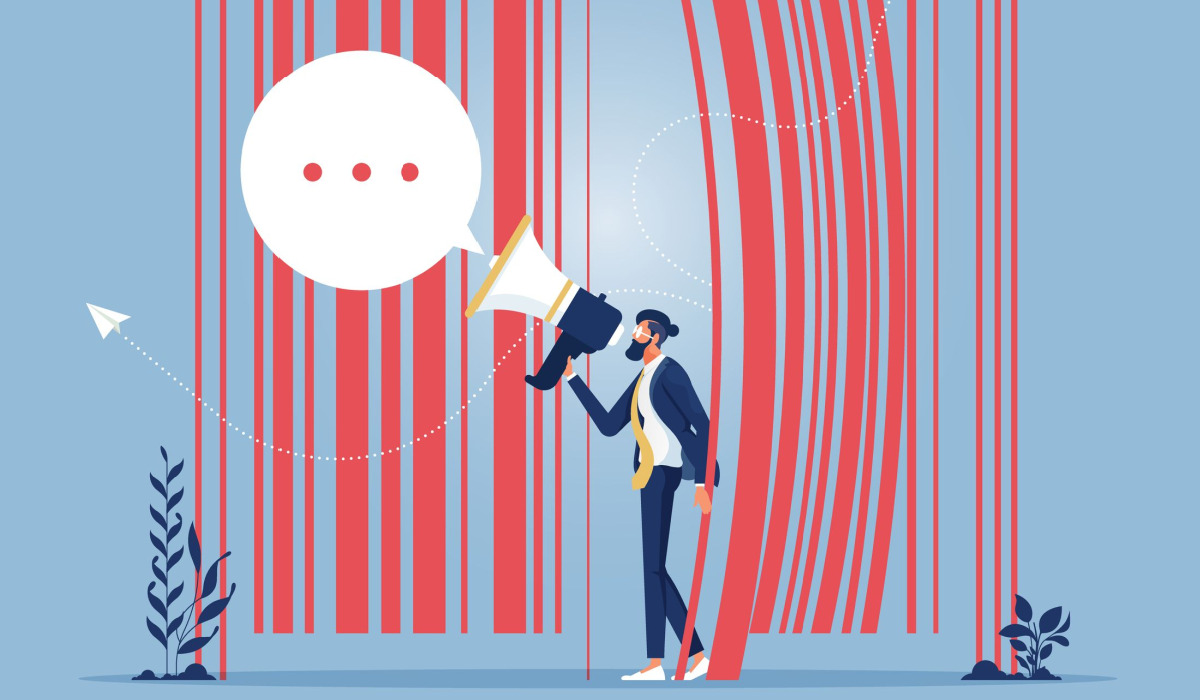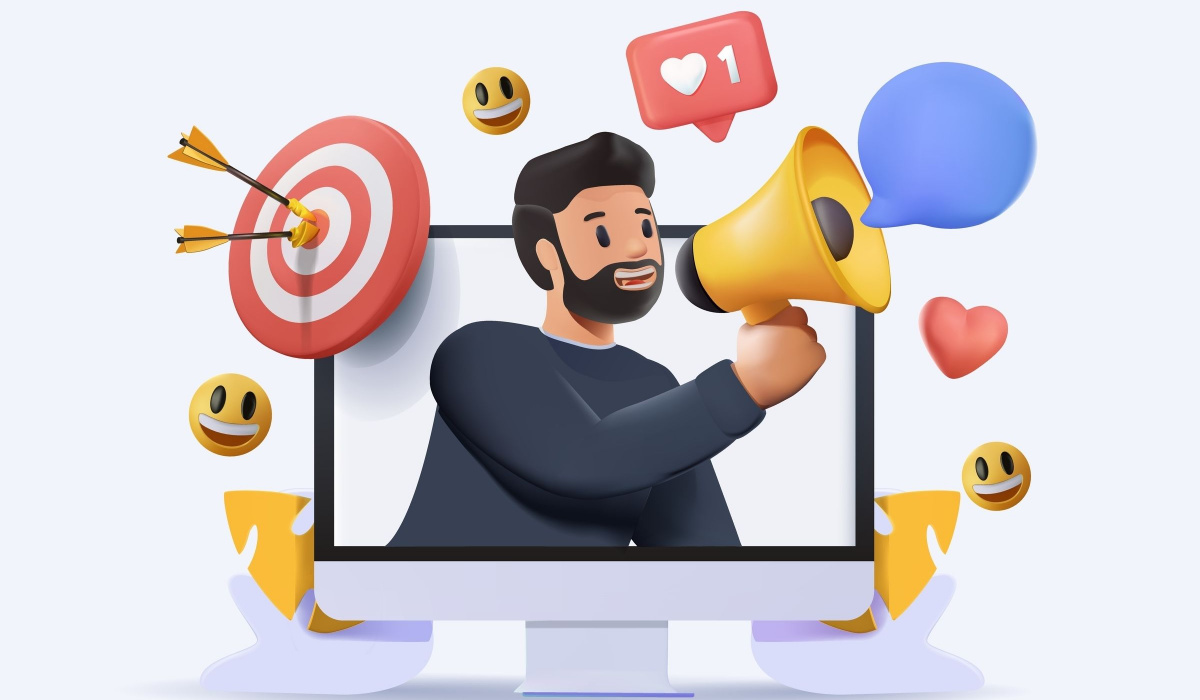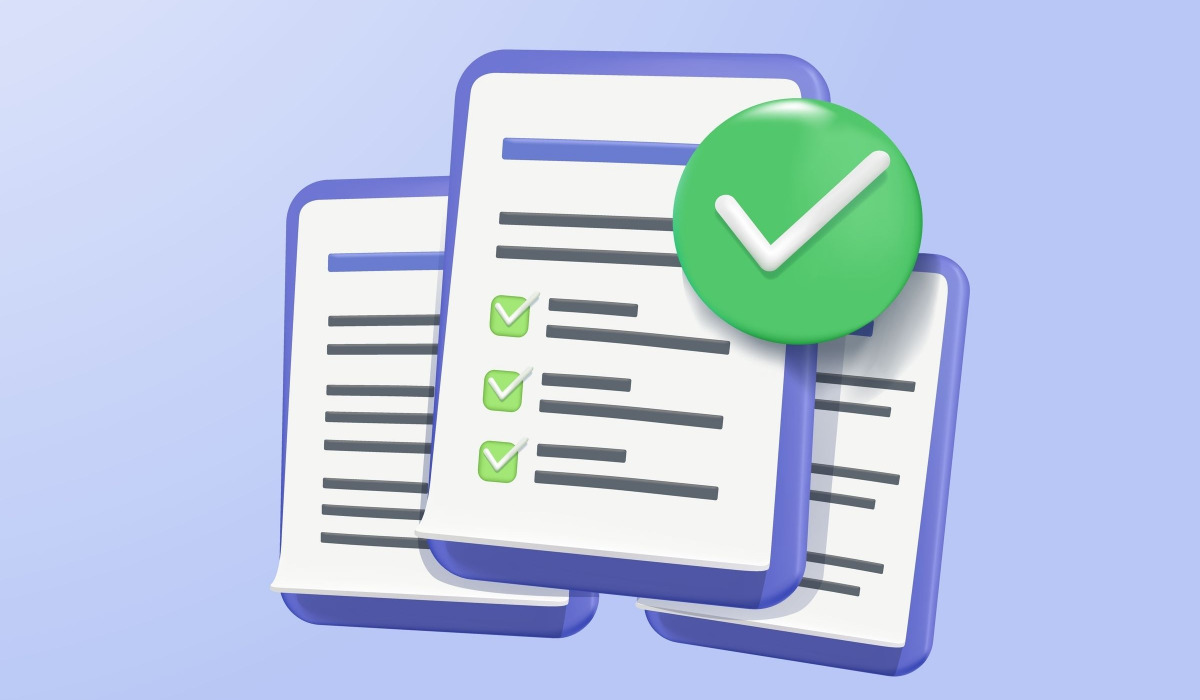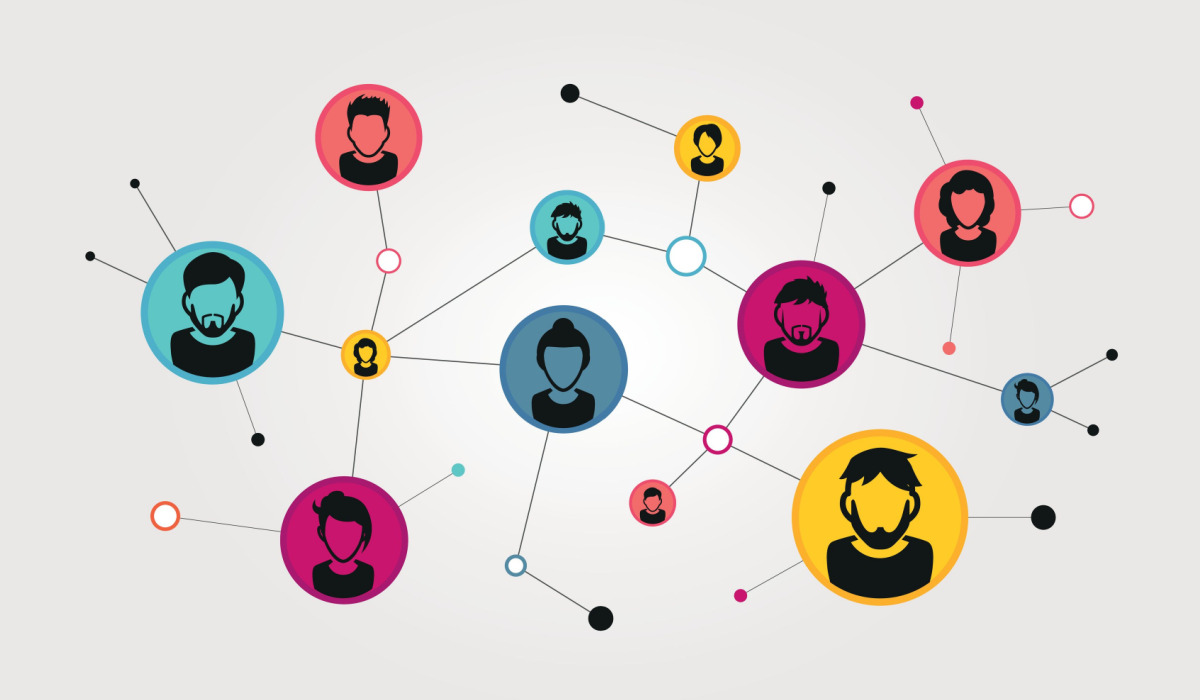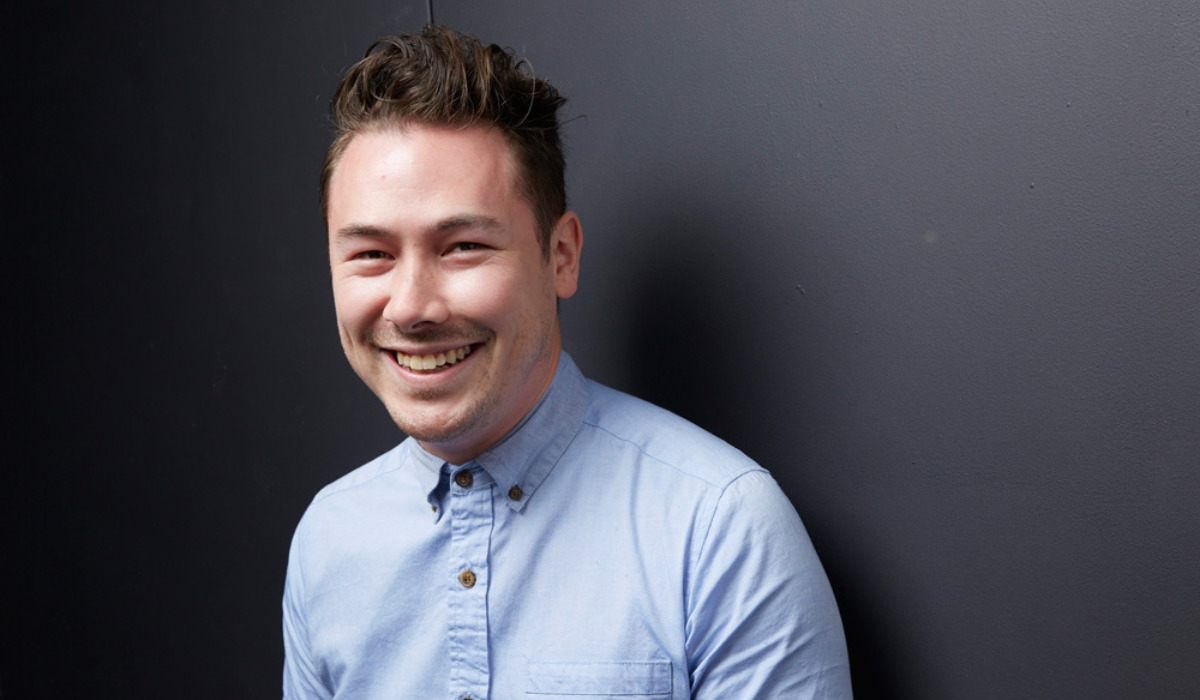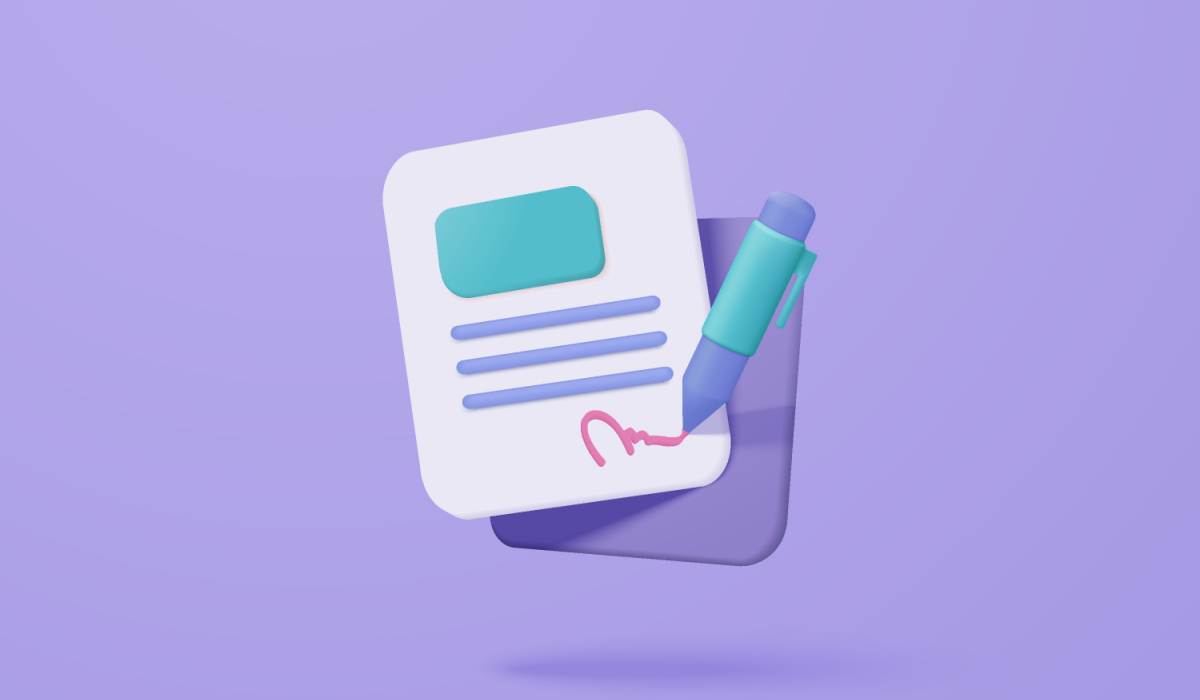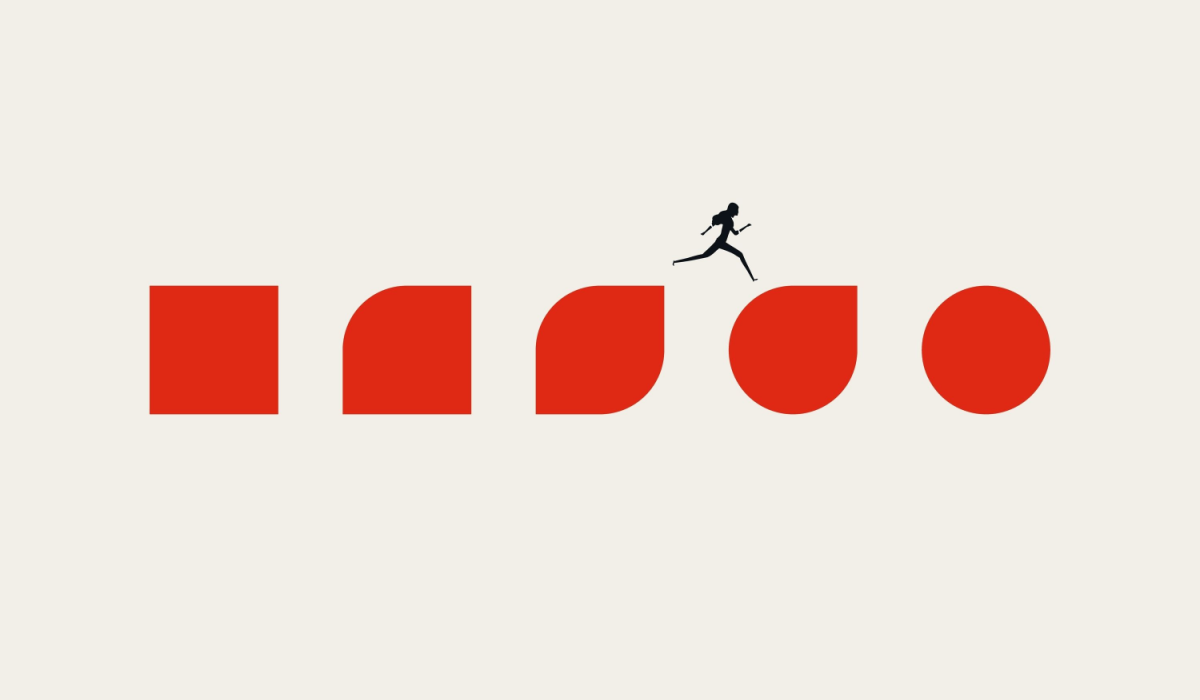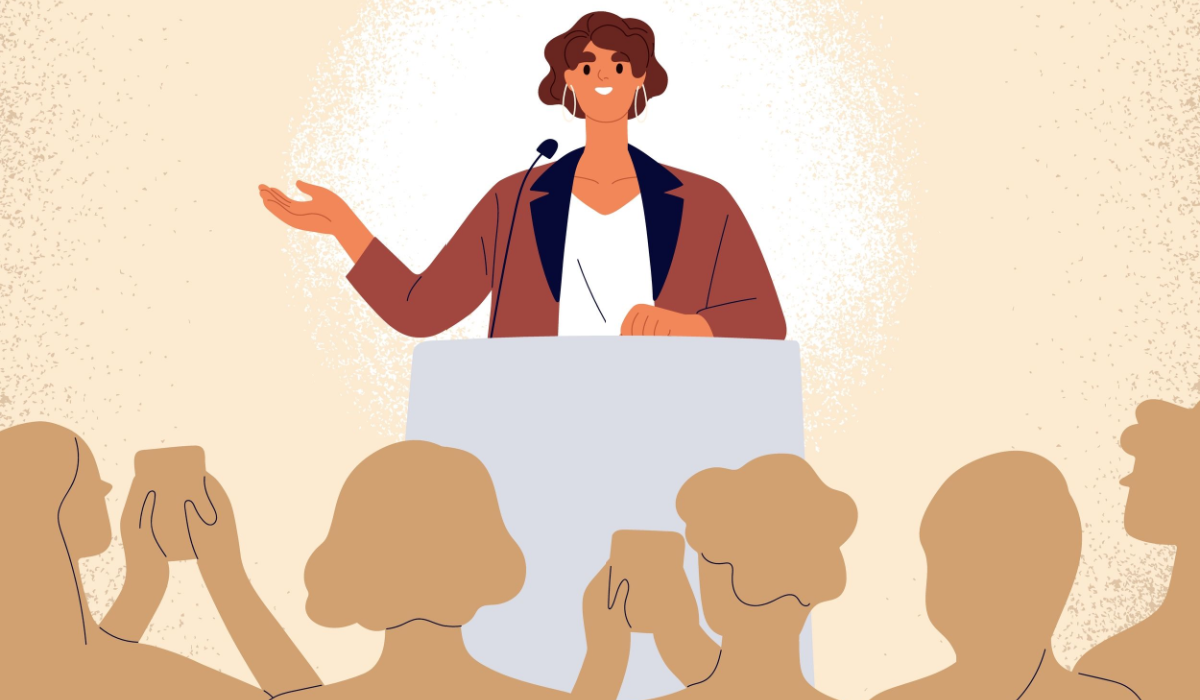When I was 11, I won a yearlong school reading competition, having read the most books of anyone in my grade.
Somehow, I never let go of the idea of myself as someone who loves to read, and does so at every opportunity. And yet, in 2013, I only read seven books all year!
In 2014, I tried to get my reading habit back. I ended the year with 22 books under my belt. Since then I’ve been working harder on getting back into the mindset of my 11-year-old self, that girl who spent so many hours reading that she won prizes for it.
Given how busy we all are as adults—especially as entrepreneurs—it’s not always easy to stay on top of our reading. And yet, to be successful, it’s crucial to keep our education going long after we’re out of school. Some of the world’s leading business people are also the world’s most voracious readers. Bill Gates reads a book a week, and Warren Buffett says he spends 80% of his day reading. Essentially, you need to learn how to read more books.
Fortunately, there’s a lot of wisdom out there on this topic, backed both by science and by people who have trained themselves over the years to become incredibly prolific readers. Here are some of the hacks I’ve picked up.
Do you need to read faster to read more?
If you’re trying to read more, your first thought might be to try reading faster. After all, reading takes time, and if we could do it at double the speed, we’d be better off, right?
With the proliferation of speed reading courses, apps, and technologies being released lately, it’s not surprising many people are turning to this approach to fit more books into their lives.
Unfortunately, science doesn’t really back it up.
Most adults read at somewhere between 200 and 400 words per minute. (You can check your own reading speed with this test.) Speed reading techniques often claim to increase your reading speed to over 1,000 words per minute, but science says this is physically impossible to do, if you still expect to understand what you’re reading (and if you don’t, why read at all?).
Here’s how the physical process of reading works:
You look at a word or several words. This is called a “fixation,” and it takes about 0.25 seconds on average. You move your eye to the next word or group of words. This is called a “saccade,” and it takes up to about 0.1 seconds on average. After this is repeated once or twice, you pause to comprehend the phrase you just looked at. That takes roughly 0.3 to 0.5 seconds on average. Add all these fixations and saccades and comprehension pauses together and you end up with about 95 percent of all college-level readers reading between 200 and 400 words per minute.
Speed reading generally uses one (or more) of a few different techniques. One is simply skimming, which is essentially just skipping a lot of a book and choosing which parts to read. This isn’t really faster reading, but selective reading.
Another approach is to try to use your peripheral vision to take in bigger chunks of text at a time. Psychologist Keith Rayner says there’s no solid evidence that this is possible. “What we know about the physiology of the retina is against the notion that you can take in two lines of text at the same time,” he says.
You may have heard of another speed reading technique, which is often used in reading apps: Rapid Serial Visual Presentation, or RSVP, is a system that flashes words onto the screen very quickly. You don’t need to move your eyes, because the words always show up in the same spot, so the idea is that you save time by keeping your eyes still, and you can read much faster this way.
Rayner says this method doesn’t work either, for a different reason: “With RSVP, words come pretty fast, but working memory gets overloaded and words come in faster than you can deal with them.”
Working memory is the type that holds things temporarily. For instance, when you need to remember a phone number and you repeat it to yourself over and over until you can write it down.
Working memory can only hold a few items at once before either forgetting them, or committing them to longer-term memory. With the RSVP technique, we lose the ability to read back over the last few words or lines, and since our working memory can’t hold all of that context in our heads at once, we end up not comprehending much of what we’re reading, even though we can read each word very quickly.
So, unfortunately, the verdict on speed reading is that although some of the techniques can increase how quickly you read words, it won’t help you read faster and comprehend what you read.
Failing to find a secret trick for reading faster, I turned to successful entrepreneurs who read a lot. Many of them have been generous enough to share their tips for reading a lot, so I scoured the web for the best tips I could find.
A thoughtful approach to reading
Ryan Holiday is a media strategist and author. He also runs a popular monthly newsletter full of reading suggestions.
Holiday believes reading more stems from changing how you think about reading. You need to stop thinking of it as “some activity that you do,” he says. “Reading must become as natural as eating and breathing to you. It’s not something you do because you feel like it, but because it’s a reflex, a default.”
Always have a book with you, says Holiday, and crack it open any chance you get. He suggests reading during everyday activities, like eating, commuting, or sitting in a waiting room. Most of all, think of reading as a worthwhile way to spend your time, Holiday says. “It’s work, really important work. Don’t let anyone ever let you feel like it’s not.”
Holiday also suggests rethinking how you spend money on books. “If I had to steal books to support my reading habit, I would,” he says. Holiday suggests forgetting money entirely when it comes to books: “Reading is not a luxury. It’s not something you splurge on. It’s a necessity.”
And finally, Holiday suggests that struggling to find time to read may indicate “you forgot the purpose of reading.”
Reading isn’t just for fun, according to Holiday:
The purpose of reading is not just raw knowledge. It’s that it is part of the human experience. It helps you find meaning, understand yourself, and make your life better.
Holiday reminds us that reading can help us learn. “Human beings have been recording their knowledge in book form for more than 5,000 years,” he says. “That means that whatever you’re working on right now, whatever problem you’re struggling with, is probably addressed in some book somewhere by someone a lot smarter than you.”
Rather than learning from trial-and-error, we can save ourselves the trouble by learning from others who’ve taken the time to share their experiences.
Tips for remembering what you read
Scott H. Young is a writer, programmer, and “avid reader of interesting things.” His blog focuses on the best methods he’s found for learning—anything from learning a new language to remembering what you read.
Young has a clever approach to remembering what you read so you can make use of that information later. He doesn’t just take notes, or highlight passages—he makes notes as questions.
Young suggests writing a note to yourself whenever you come across a useful idea in a book that you want to remember, but framing it as a question, so the useful idea itself is the answer. To help you improve your recall for these ideas, you can write your questions at the end of a section or chapter, and add a note of what page you can find the answer on, in case you forget.
Young suggests using these question notes to test yourself later, which, he says, “will strengthen your recallable memory so that the information will be much easier to access when you need it.”
He has a few extra recommendations about using this method, as well. First, he suggests one question per chapter is enough for most books. “Trying to recall every possible fact from a book will make the reading process so tedious that it might kill your love of reading,” he says.
Young also recommends keeping your note-taking process very simple. For physical books, Young uses an index card or a sheet of paper folded to index card size. When using an e-reader like a Kindle, he suggests using digital annotations to add question notes.
How to develop a daily reading strategy
James Clear is an entrepreneur, speaker, and writer. His blog focuses on behavioral psychology and the habits of successful people.
Clear’s approach to reading more is to set a simple daily goal. Every morning as part of his daily routine, Clear reads 20 pages of a book. That pace sets him up to read around 36 books per year.
Clear says this works because 20 pages per day is a small enough daily goal to not be intimidating. “Most people can finish reading 20 pages within 30 minutes,” he says, “And if you do it first thing in the morning, then the urgencies of the day don’t get in the way.”
Clear also reads at other times during the day when he has time. For instance, he often reads as part of his nightly routine to wind down for sleep. “But regardless of what happens during the rest of the day,” he says, “I still get my 20 pages in each morning.”
Clear says even if his daily 20 pages is the only reading he does, that small amount adds up quickly. He recommends fitting reading into the first hour of your day, if it’s important to you:
Before you move on to the normal bustle of the day, invest in yourself. Before your life turns into a whirlwind of activity, read a book that will make you better.
Quick tips for reading more
During my research, I noticed that many successful entrepreneurs suggest the same list of recommendations for increasing how much you read. I put together this list based on the most common suggestions I found.
Quit reading books you don’t like
A common suggestion is to let go of the feeling that you need to finish every book you start. Rather than not reading at all because you’re avoiding the book you’ve started but don’t want to finish, many entrepreneurs suggest picking up something new and re-finding your love of reading.
Author Gretchen Rubin says, “I used to pride myself on finishing every book I started. No more. Life is short. There are too many wonderful books to read.”
Always have a book with you
As Ryan Holiday suggests, many other entrepreneurs agree that it’s important to always carry a book with you. Rather than filling in your day with social media or playing games on your phone, opening a book whenever you have a spare minute will soon add up into many extra hours spent reading.
Author Darius Foroux points out how easily this extra reading time can compound:
Most people read 50 pages an hour. If you read 10 hours a week, you’ll read 26,000 pages a year. Let’s say the average book you read is 250 pages: In this scenario, you’ll read 104 books in a year.
Personally I’ve found forcing this habit makes it more instinctual over time. The more I encourage myself to read a book during any downtime, the more likely I am to start naturally picking up a book when I’m not busy instead of reaching for my phone.
Build a to-read pile
I love this suggestion, because it’s a great excuse for shopping. Darius Foroux suggests building up a stack of books (if you use an e-Reader you can build up a digital queue instead) that you’re looking forward to reading. The idea is simple: If you have more books in your house, you’ll have more choices, and this will help you read more.
Foroux says this also helps you build a reading habit. “Having an inventory of books keeps up the momentum. You also never have an excuse not to read.”
If you want to read a lot, these entrepreneurs are worth listening to. Many of them read multiple books per week, and they’ve all shared tips that are simple to follow if you put in the effort.
As a quick cheat sheet, here are some of the tips we’ve covered:
- Think of reading as a necessity, not a luxury.
- Always have a book with you.
- Write notes as questions to test yourself on what you’ve read.
- Set yourself a manageable, daily goal for reading.
- Stop reading books you don’t enjoy.
- Build a to-read pile (or digital queue).
Recommended reading lists
And what blog post about reading would be complete without a recommended reading list? In case you need help finding something new to read, I’ve collected a few recommended books from successful entrepreneurs to get you started.
- James Clear, entrepreneur
- Austin Kleon, author who draws
- Ryan Holiday, author
- Bill Gates
- Warren Buffett
- Derek Sivers, entrepreneur
- Nir Eyal, author
- Mark Cuban
- Scott H. Young, writer and entrepreneur
Conclusion
Reading more books doesn’t take an endless amount of willpower, energy, or focus. You only need to develop a reading strategy, have a thoughtful approach to reading, and remember what you read.
Take small steps, starting with a few pages per day, and move up to 20, as James Clear recommended.
How many books do you want to read this year? Let us know in the comments below!
